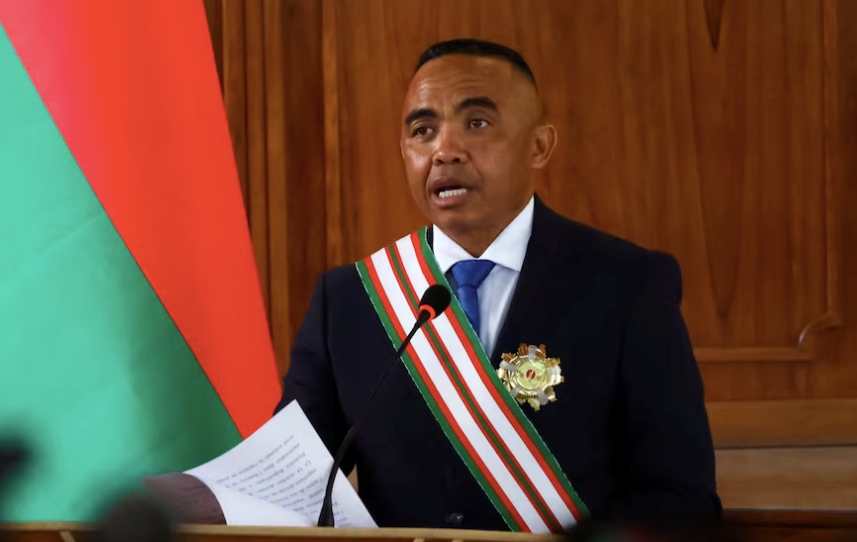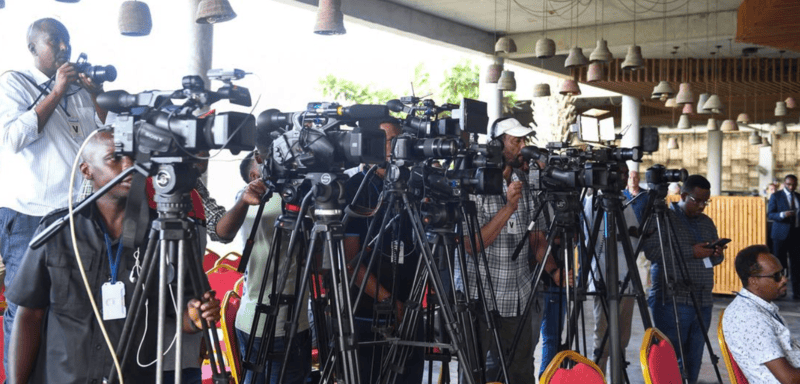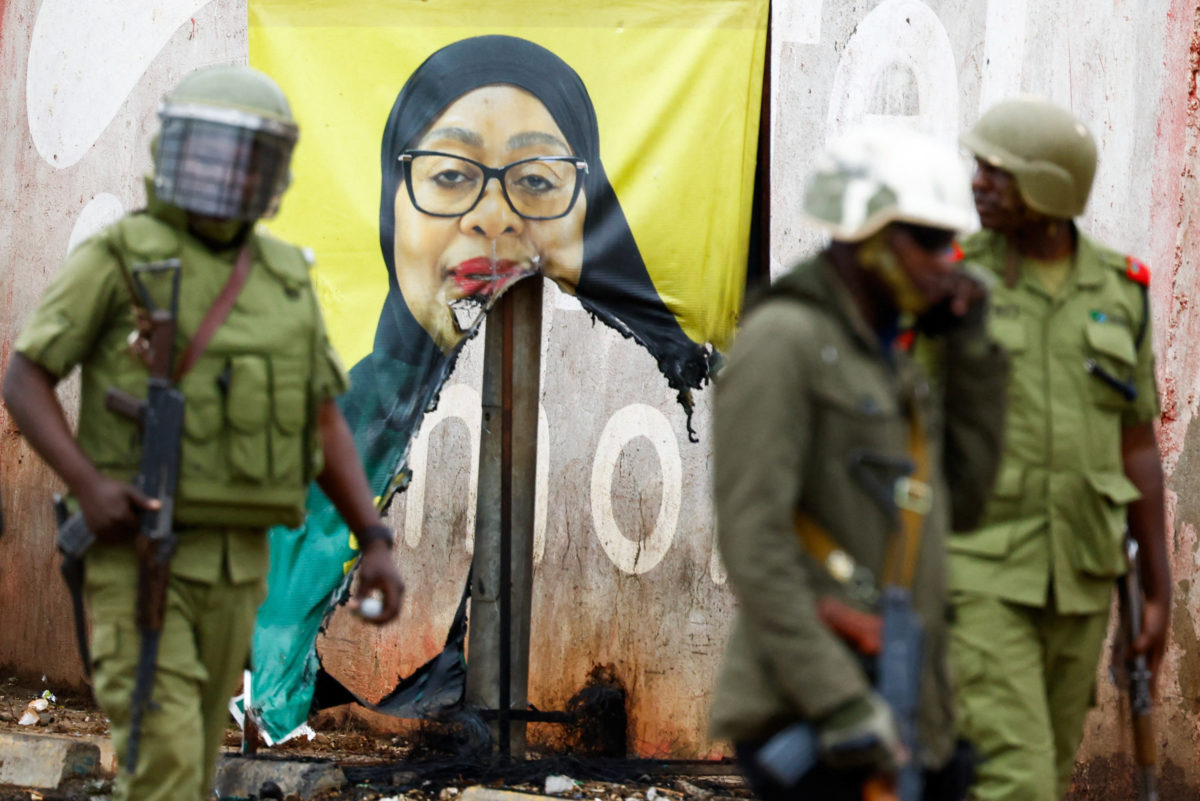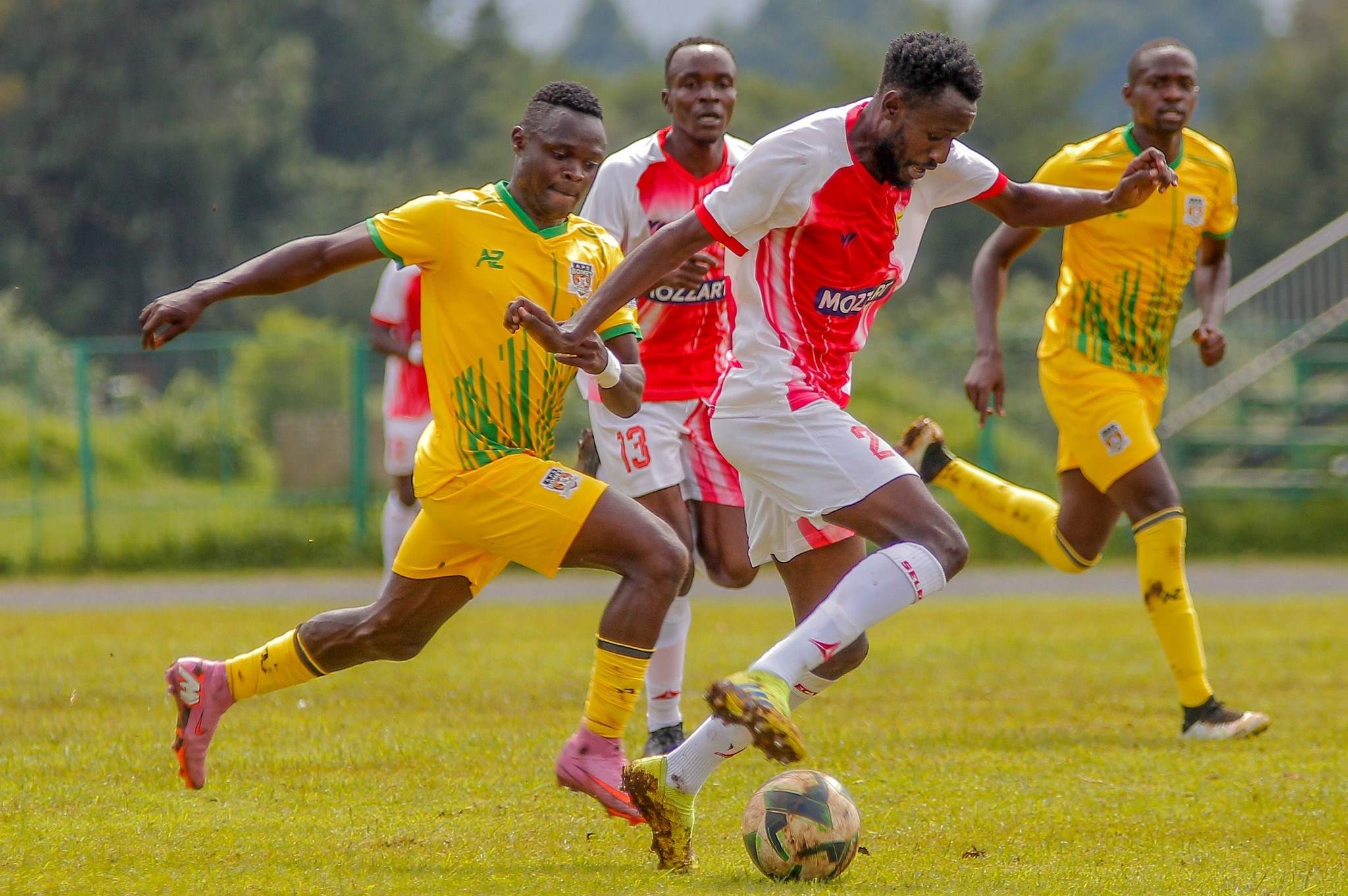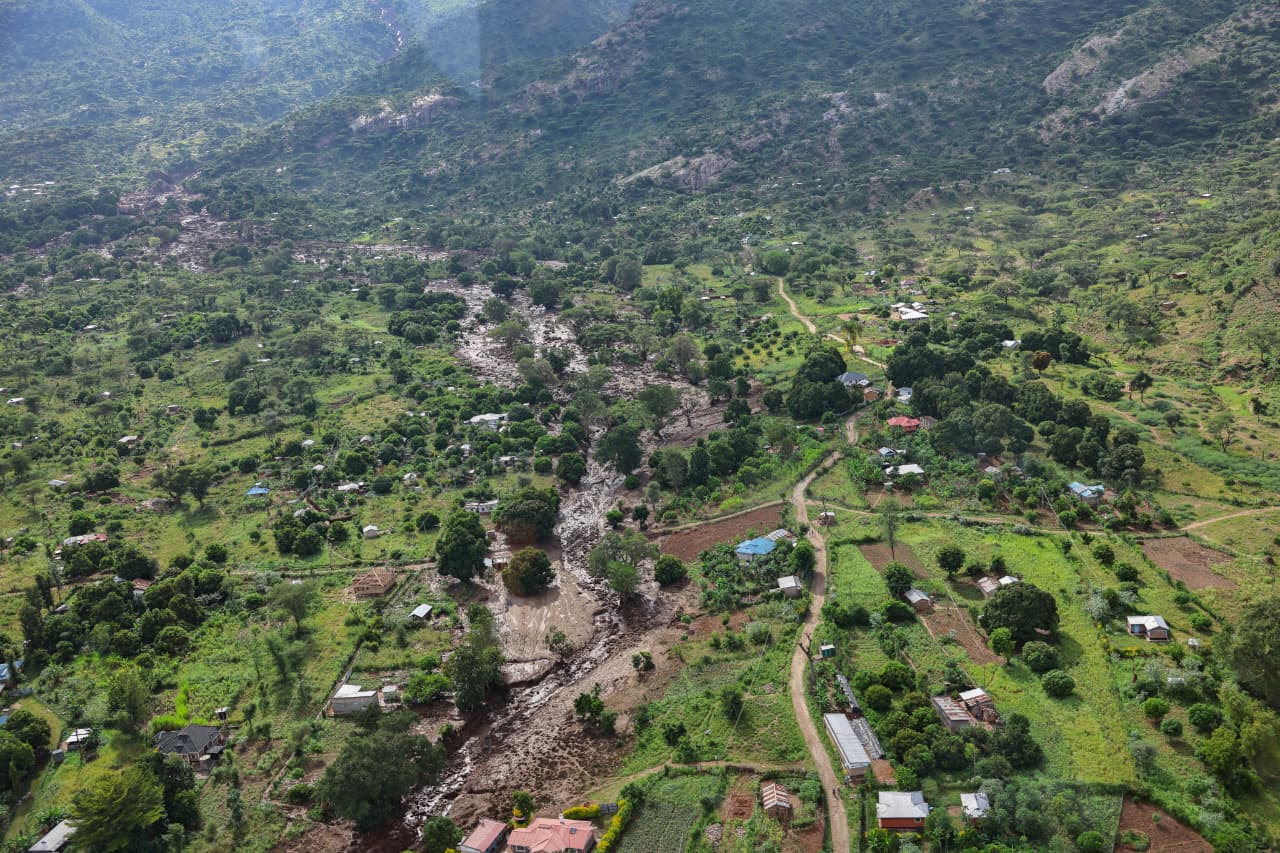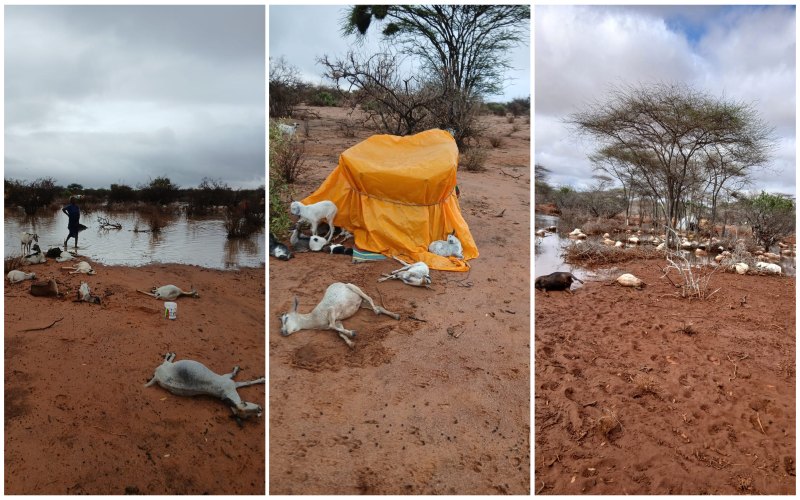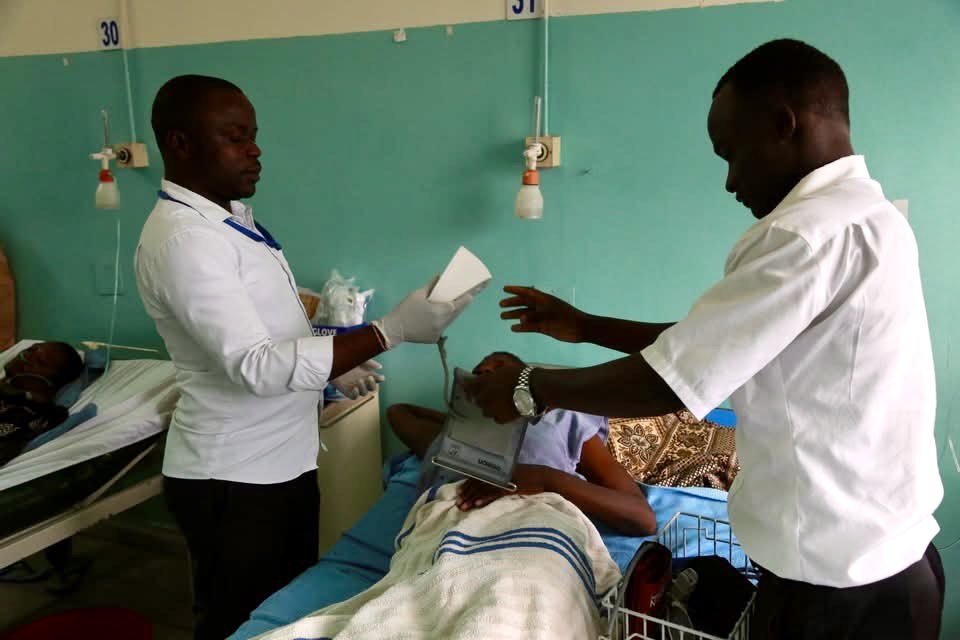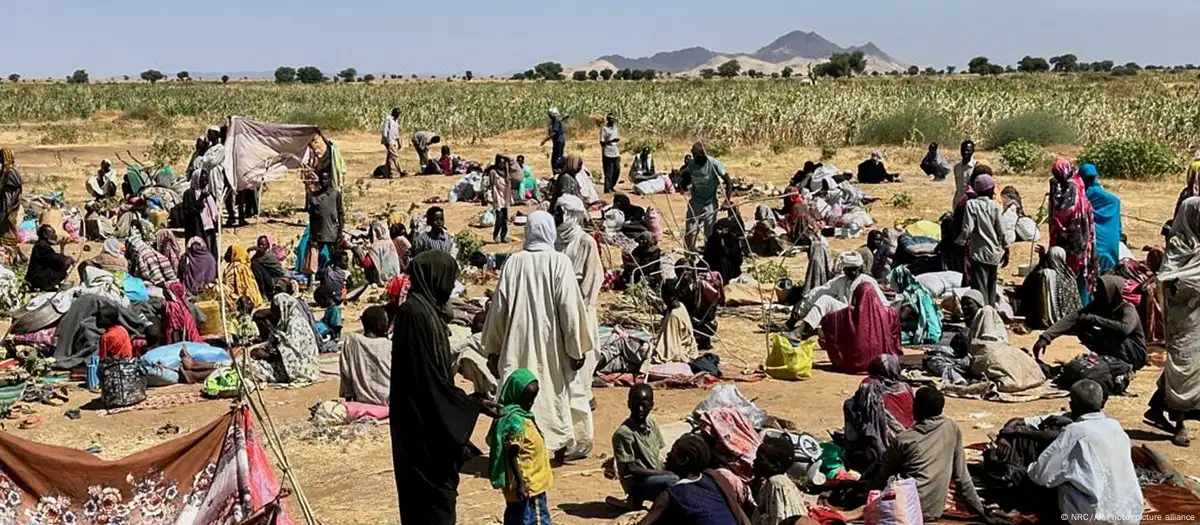Eastleigh women stage march in campaign against FGM
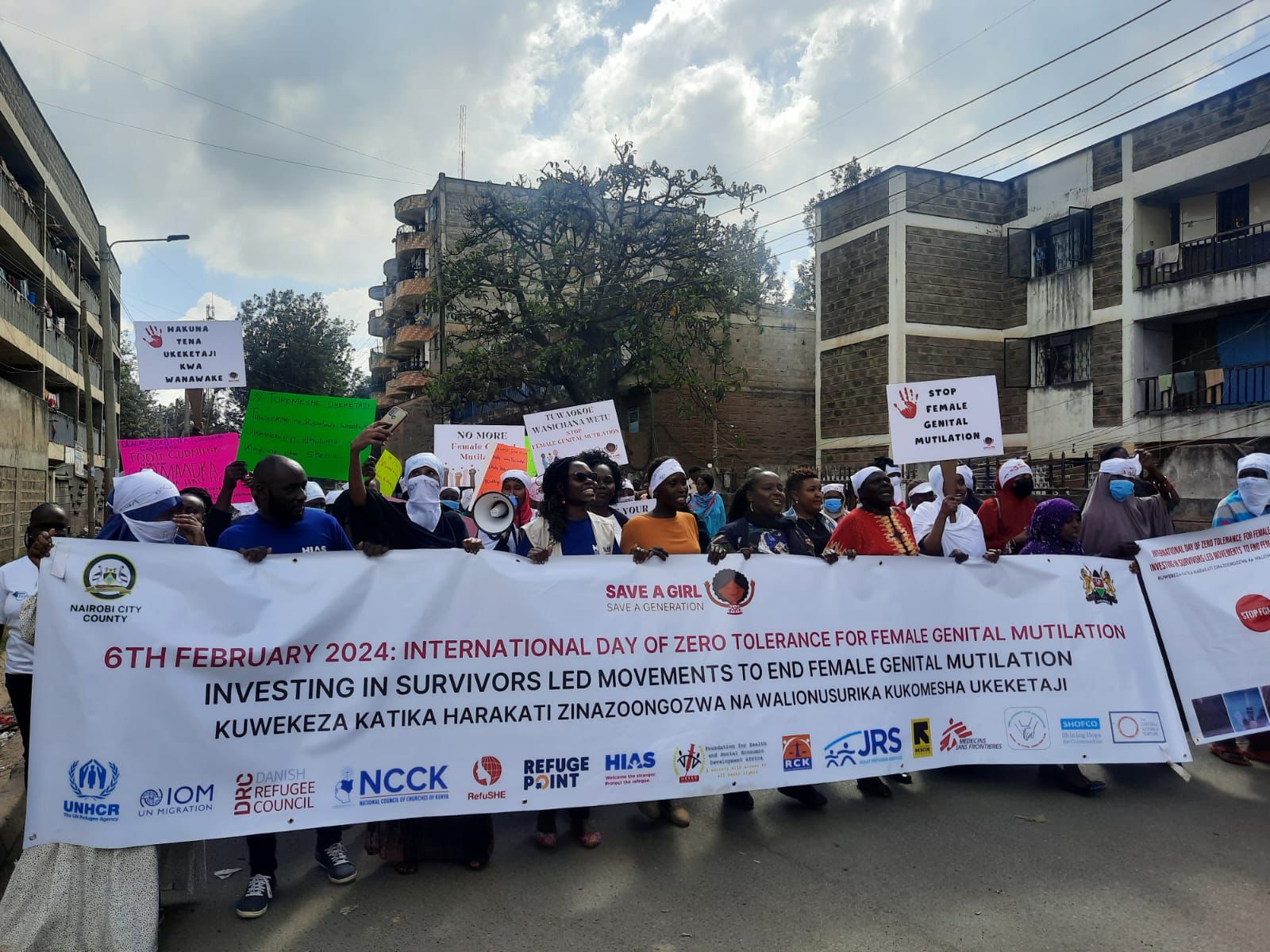
The United Nations identifies FGM as "an extreme form of discrimination against women and girls.”
6Women's groups marched in Eastleigh, Nairobi, on Tuesday to condemn Female Genital Mutilation (FGM), an illegal practice that has left some dead and others battling serious complications.
Commemorating the International Day of Zero Tolerance for FGM, the women waved placards in their walk from the Assistant County Commissioner (ACC) Airbase Ward to the Kareri branch of the Presbyterian Church Of East Africa (PCEA).
More To Read
- From silence to strength: The Kenyan women ending FGM and early marriages
- Wajir leaders sound alarm on FGM crisis, call for cultural shift to protect girls
- UN report: Gains in ending FGM at risk unless Kenya scales up action
- Cheptumo credits male champions, religious leaders for FGM fight progress, urges sustained partnerships
- WHO urges global action as medicalised FGM puts millions of girls at risk
- FGM is a leading cause of death for girls where it’s practised – new study
They emphasised the importance of ending FGM as it can cause lifelong health problems, including complications in childbirth.
Among officials who took part in the march were Kamukunji MP Yusuf Hassan, Spanish Ambassador to Kenya Cristina Diaz Fernandez, and Nominated Senator Tabitha Mutinda.
They all denounced FGM as a gross violation of human rights, a form of violence against women and girls, and a manifestation of gender inequality.
The event, themed 'Her Voice. Her Future,' was organized by a Spain-based NGO, Save a Girl in collaboration with a consortium of local and international organizations.
During the event, Yusuf said the practice should be eradicated since it is a crime against women.
"It is a crime in our society. It is an outdated culture that has no place in modern Kenya and Africa. It is high time we eradicated it," the MP said.
He urged all Kenyans to stand against the act, which he noted is conducted in secret due to government crackdowns.
"It is being done in secrecy, even without the consent of some community members, the family, and the girl undergoing the cut. I urge you to stand against the vice. As a parliamentarian, I support the campaign to end FGM," Yusuf said.
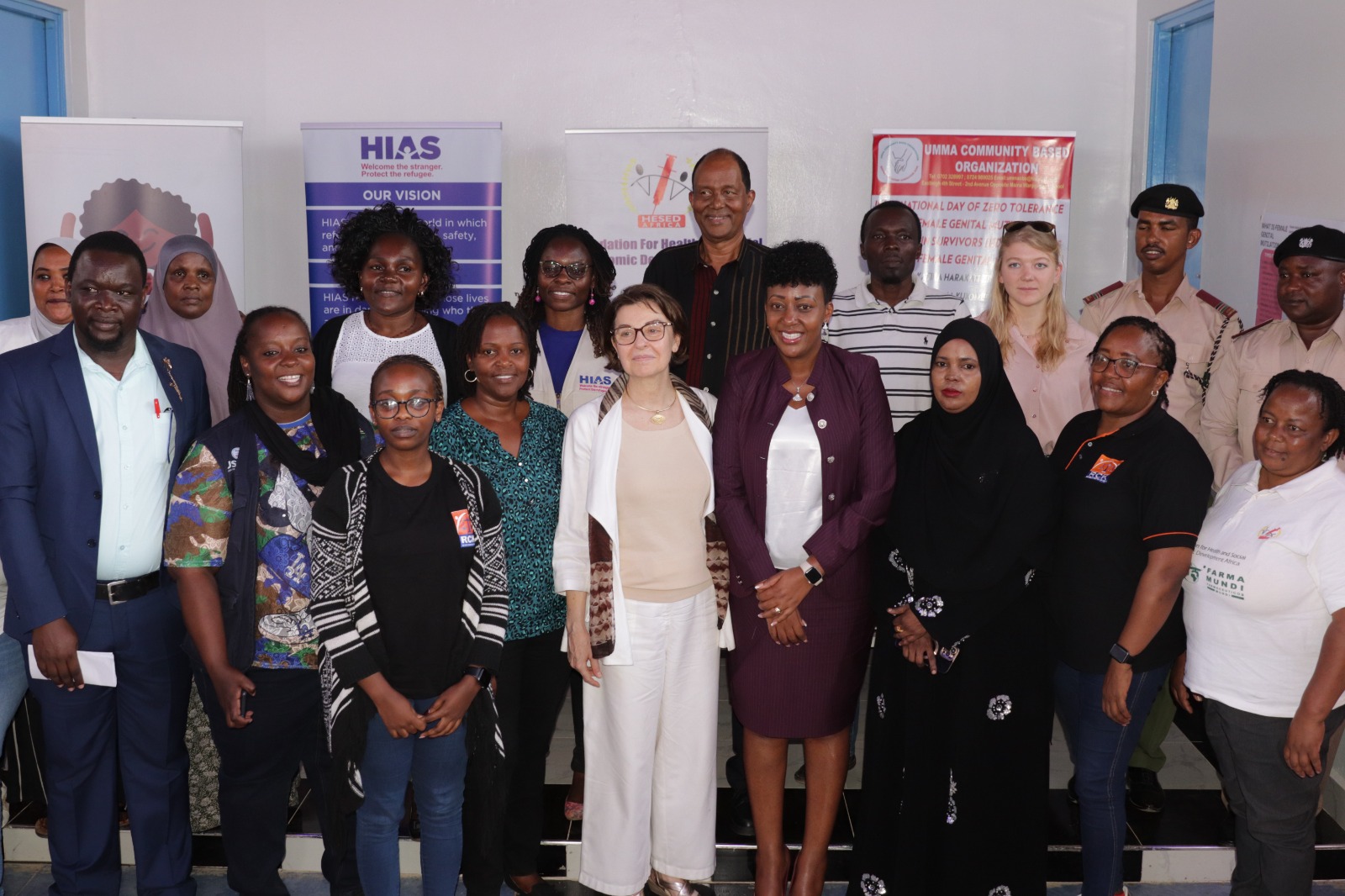 Kamukunji MP Yusuf Hassan, Spanish Ambassador to Kenya Cristina Diaz Fernandez, and Nominated Senator Tabitha Mutinda commemorating the FGM day in Eastleigh, Nairobi. (Amin Abdullahi).
Kamukunji MP Yusuf Hassan, Spanish Ambassador to Kenya Cristina Diaz Fernandez, and Nominated Senator Tabitha Mutinda commemorating the FGM day in Eastleigh, Nairobi. (Amin Abdullahi).
The United Nations identifies FGM as "an extreme form of discrimination against women and girls.”
Statistics show that 70 per cent of FGM cases in Kamukunji happen in the Eastleigh area.
According to the Kenya Demographic and Health Survey (KDHS) of 2022, FGM has a 15 per cent prevalence rate in the country, meaning 15 per cent of girls and women aged 15 to 49 have been circumcised. The rate was 38 per cent in 1998 and 21 per cent in 2014.
UNICEF says the numbers are too high, but that progress is being made.
Concerted efforts
Diaz said a lot needs to be done, especially in areas where thousands of girls face the risk of undergoing the cut during the school holidays every year.
"Worldwide, 200 million women and girls alive today are survivors of FGM and despite the progress made, in 2024, nearly 4 million girls (or more than 12,000 each day) are at risk of FGM," the envoy said.
She called on the survivors, public institutions, international organizations and civil society to join forces to eliminate the practice.
"County governments, religious and community leaders, and civil society need to work hand in hand with the communities because it is a fact that communities practising FGM possess the key to ending this harmful practice," Diaz said.
In his address, Sheikh Ismail Komora underlined that Islam does not advocate for FGM and has a key role to play in eradicating the practice. He condemned the practice and urged girls and women to study instead of engaging in it as it opens doors for early marriages.
Sheikh Ismail dismissed claims that FGM is a cure for prostitution and said the act has no health benefits and instead affects women both mentally and physically.
"A child who has been raised well will not engage in prostitution. Therefore, practising FGM in the name of preventing prostitution is wrong. Let the girls in Kenya focus on their education since they are the leaders of tomorrow," he said.
Senator Mutinda urged the community to call out those who practice FGM so they can face the law.
"The law is clear that it is criminal to undertake FGM. Anyone who will be caught practising it will be arrested and jailed, alongside the faciliators," she said.
FGM involves any and all procedures to remove the external female genitalia or injure female genital organs for non-medical reasons. In its Maputo Protocol of 2003, the African Union (ASU) has condemned FGM as a harmful practice that affects women's rights.
Top Stories Today
